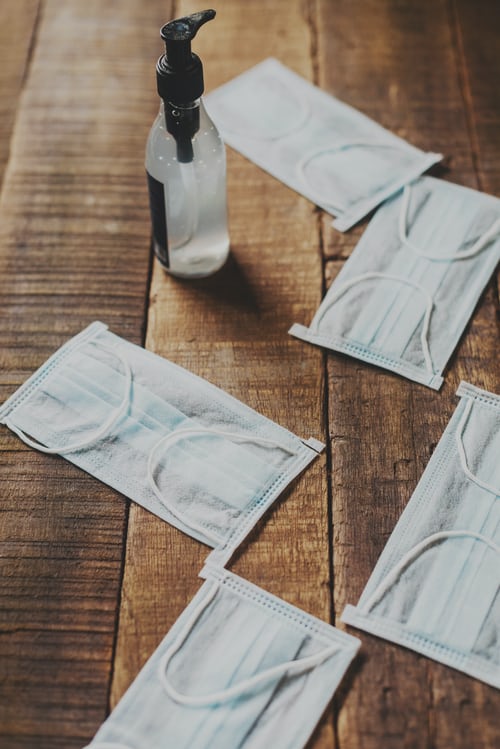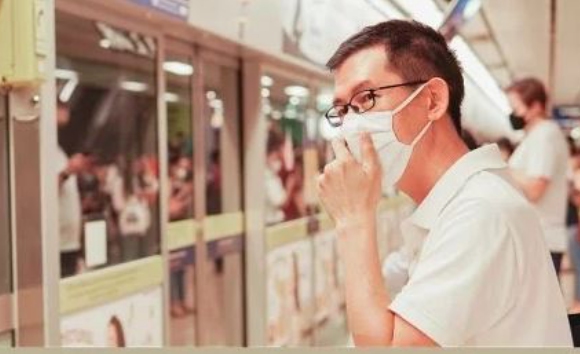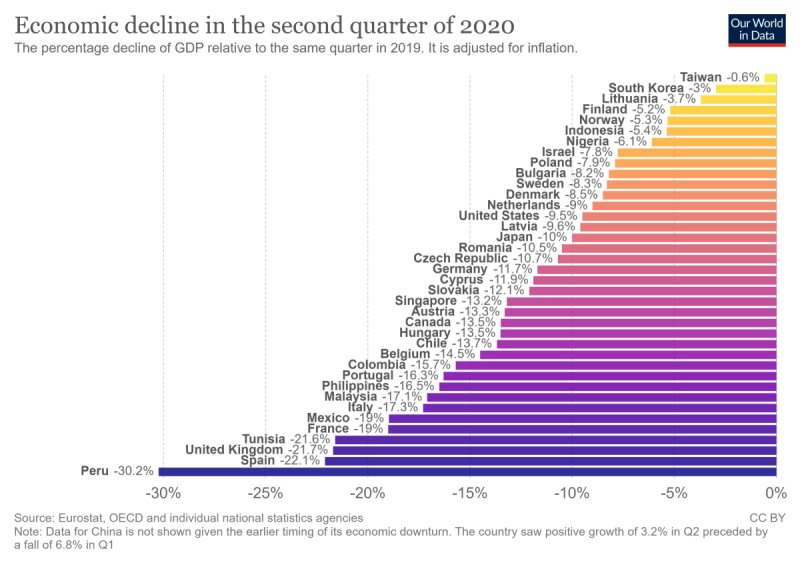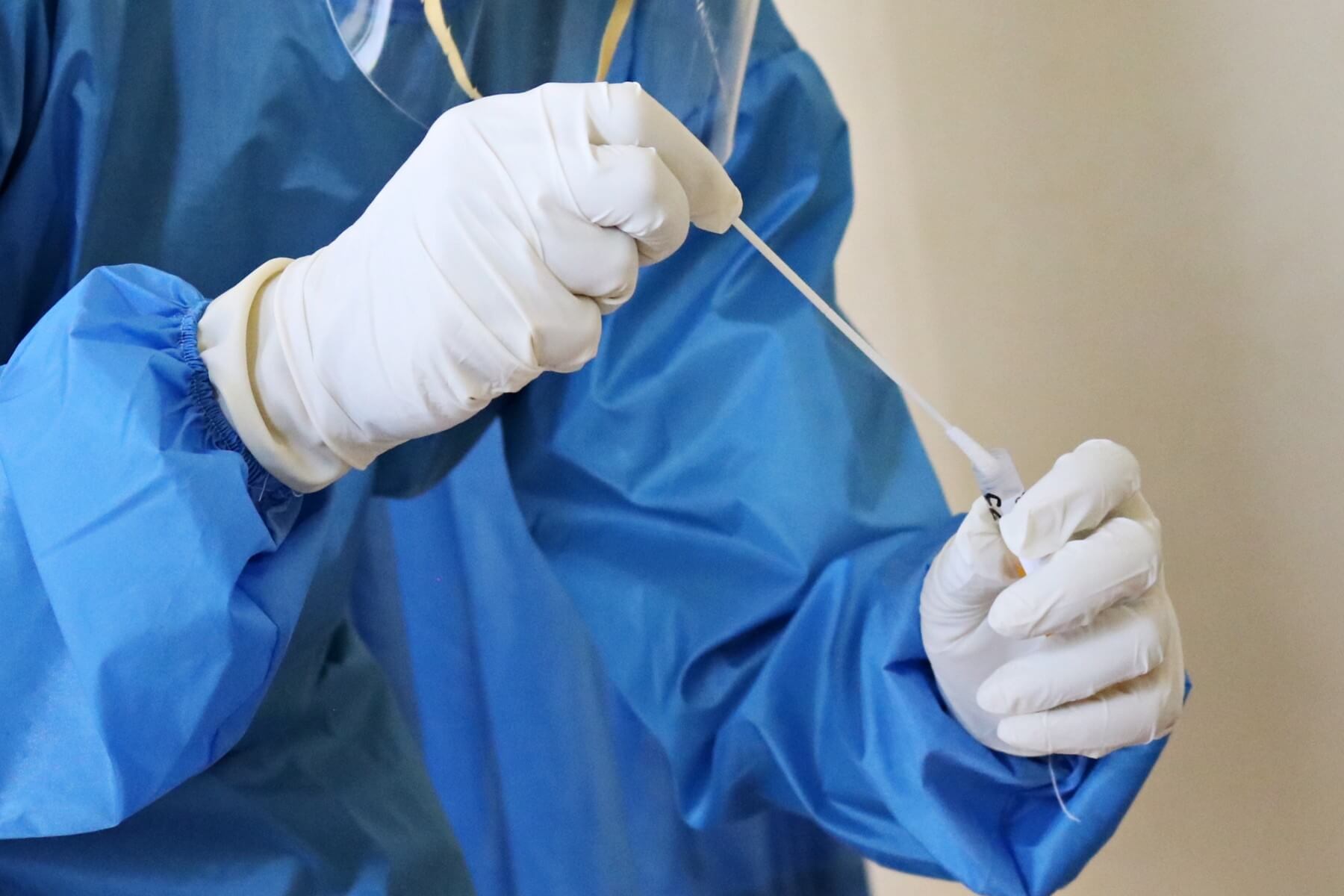We’ve almost made it to the end of 2020, a year dominated by the coronavirus pandemic and the absolute chaos it has caused across the world. More than 74.9 million cases of the virus globally, more than 1.66 million deaths, and many countries going into nationwide lockdowns, which resulted in mass cancellations of events including the Euro 2020 football championships and the Tokyo Olympic Games.
Here in Taiwan, the story has been somewhat different. Yes, the virus did (and still continues to) reach the country, but swift action by those in charge resulted in the island nation being spared lockdowns, furloughs, and large losses of life. Taiwan’s response to the virus has received international praise and acclaim, with various world leaders and news outlets such as CNN, Bloomberg and VICE all marveling at Taiwan’s success. At the time of writing, Taiwan has confirmed 749 cases of COVID-19 on the island since the first confirmed case on January 21 (a day after the US announced theirs), with just seven deaths. Less than 100 of those cases were transmitted domestically (spread around the local community), with the majority being brought into the country from overseas. There hasn’t been a confirmed locally transmitted case on the island since April 12 but prevention measures remain in place with the heath authorities still wary of a potential winter spread. Here are the key moments from the coronavirus response in Taiwan since the outbreak in December last year. (Read more: December coronavirus update)
December 2019
Taiwan begins checks on passengers arriving from Wuhan following China reporting 27 cases of an unknown pneumonia-like virus emerging in the Hubei city on December 31. On the same date, Taiwan contacted the World Health Organization (WHO) about the likelihood of the virus spreading human-to-human, but the WHO took no action on the claims. Taiwan began its border controls based on the assumption that it does spread between humans.
January
The WHO announced the new disease officially on January 7, two weeks later Taiwan confirmed its first case. On January 31, the WHO declared coronavirus as a public health emergency of international concern having previously declared it was not on January 23 due to no evidence of human-to-human transmission. Wuhan enters lockdown with many countries sending planes to help their nationals evacuate the city and return home.
February
Taiwan rolled out its new mask purchasing policy to ensure a more even distribution across the population. In response to the Diamond Princess cruise ship bringing infected passengers to the island on January 31, Taiwan’s CDC sends a hotspot map via SMS to all people who may have been in contact with them. It’s the first mass display of how well Taiwan’s tracking and tracing technology works. Taiwan reaches 39 cases with the virus confirmed as having spreads to 57 countries.
March
Japan and the IOC confirm the postponement of the Olympics as COVID-19 is officially declared a pandemic. Taiwan reaches 49 confirmed cases and the country’s eMask 口罩預購系統 service for the rationing of facemask adds an English-language interface for foreign residents.

April
The wearing of facemasks becomes mandatory on public transport across Taiwan. President Tsai also announces that Taiwan is to start donating facemasks to countries in need, including several in Europe. Imported cases in Taiwan rose this month due to the docking of the Panshi naval ship from Palau and the WHO’s Dr. Tedros claimed to receive racist attacks from online Taiwanese trolls due to Taiwan’s continues exclusion from the WHO. We invited him to Taiwan, but he is yet to respond…
May
Taiwan begins selling special smaller 12.7cm x 8cm facemasks for children and the country reaches 30 days without a domestically spread cases. Taiwan’s borders are also confirmed to have closed to all non-nationals and non-residents apart from under extremely special circumstances.
June
Precautionary measures on domestic transport are lifted with passengers taking TRA and HSR trains allowed to remove their masks if they follow the enforced social distancing rules onboard. Social distancing measures in restaurants, cinemas and on other public transport are also lifted. An asymptomatic woman traveling from Taiwan tested positive in Japan, those she came into contact with in Taiwan were made to self-isolate. It was announced that all foreigners entering the country are required to pass a COVID-19 test prior to entry. Still no domestic spread.

July
Imported cases continue to rise but with no domestic spread of the virus, Taiwan begins plans for revitalizing its domestic travel industry. (Read more: Coronavirus update: Where do we stand at the end of July?)
August
Singer Eric Chou holds a concert at Taipei Arena with more than 10,000 people in attendance and Taiwanese airlines start offering flights to nowhere to help curb people’s desire to travel abroad. Imported cases continued to slowly rise and a Taiwan-developed vaccine was given the go-ahead to begin human trials.
September
Japan announces plans to allow business travelers from Taiwan into the country and two travelers flying from Taiwan test positive in Vietnam and Japan respectively. It is also announced that Taiwan’s economy handled the virus outbreak better than any other in the world, suffering a drop of just 0.6% in GDP for the second quarter in comparison with 2019.

October
Taiwan passed 500 confirmed cases but domestic spread still remained at zero. Health Minister Chen Shih-chung (陳時中), at a health forum in Taipei, cited the response to the Diamond Princess cruise ship outbreak in February as a pivotal moment in shaping how Taiwan dealt with culling the virus spread through strict quarantine measures. Three Taiwanese tested positive in Japan, but all those found to have come in contact with them in Taiwan returned negative results.
November
Taiwan marked 200 days without a locally spread case of COVID-19 but imported cases still continued to rise, with Taiwan’s tally passing 600 and 24 imported cases being announced in just one day on November 30. As a result, it was announced that new entry regulations would be enforced from December 1, with all people entering the country, regardless of being nationals or not, required to test negative before flying to Taiwan. Dajie Riverside Park in Taipei hosted a full-capacity Ultra Music Festival much to the envy of the rest of the world. Four performers from the event were fined for breaking quarantine rules at their hotel in the build up to the festival.

December
New mask rules started being enforced from December 1, with masks required to be worn on public transport, at healthcare facilities, malls and supermarkets, exhibition venues such as cinemas and sports stadiums, entertainment venues such as KTV bars and nightclubs, houses of worship, and business venues such as banks and post offices. The Health Minister, giving KTV bars as an example, said “a mask must be worn when entering the lobby of a KTV bar, where there are large numbers of strangers. However, once a person enters their room, and if only relatives or friends they see regularly are inside, they can ‘relax a little’ and take the masks off.”
UPDATED: A contact of a New Zealand pilot has tested positive for COVID-19 and as a result has become the first domestic case in Taiwan for 254 days. The pilot traveled around northern Taiwan between December 8 and 11, with the person infected being a woman in her 30s, according to Taiwan News.












